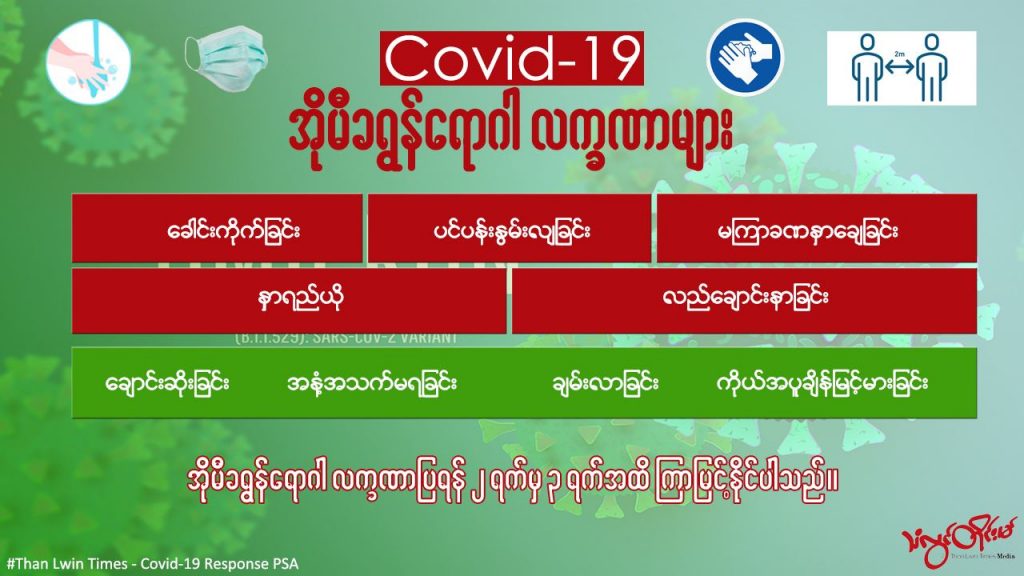Nay Pyi Taw, February (3)
The leader of the military council, who extended the state of emergency for six months, said that they will hold mandatory elections in 50 percent or more of the constituencies in each region and state.
Military leader General Min Aung Hlaing made this comment at the National Defense and Security Council meeting on January 31, the 2nd anniversary of the military coup.
He said that the election will be successful only if it is held in each region with 50 percent or more of the constituencies, and 50 percent of the representatives will be able to sit in the parliament.
According to Chapter 4, Section 85(a) of the Constitution, on the first day of a meeting of the Pyidaungsu Hluttaw, if more than half of the total number of MPs who have the right to attend the meeting are present, a quorum is established.
U Pe Than, a veteran politician, pointed out that the military leader’s statement that the election must be held with 50 percent or more of constituencies in various regions and states is an admission that he has not yet been able to maintain stability in the country.

U Pe Than considered that if the military council cannot hold an election after the six-month period of the current state of emergency expires, they will try to extend the state of emergency again and hold elections when they have an advantage.
At the National Defense and Security Council meeting, military leader Senior General Min Aung Hlaing stated that the country is not ready to hold elections and that it is not in a normal situation, and that the state of emergency was extended by consensus of the members of the council.
On the other hand, a military leader admitted that 67 townships need to be focused on security, 65 townships need to be effectively provided with security, and some rural areas require enhanced security.
Out of the 330 townships nationwide, the military council is likely to control only 198 townships, which is 60 percent.
U Than Soe Naing, a political analyst, believes that while the military council can hold elections in nearly 200 townships, it is unlikely to be responsible for the free organization of parties and the security of polling stations.
U Than Soe Naing pointed out that the National Unity Government (NUG), the People’s Defense Forces (PDF), and the Ethnic Armed Organizations (EAOs) are likely to prevent military council forces from taking responsibility for security in the election, so it is not certain that the election will be held in the next six months.
The military leader is asserting that it is the government’s responsibility to hold an election so that the people can vote or not.
During the two years following the military coup, more than 8,000 clashes occurred in more than 190 townships nationwide, according to data from the research group ISP-Myanmar.
In addition, more than 54,000 homes and buildings were destroyed by fire, and compared to 2021, armed conflicts increased by almost 80 percent in 2022.
According to the Assistance Association for Political Prisoners (AAPP), it was announced on February 1 that over 13,700 people are still detained by the military group and that over 2,900 people have died in the two years since the military took power.
News-Than Lwin Times

